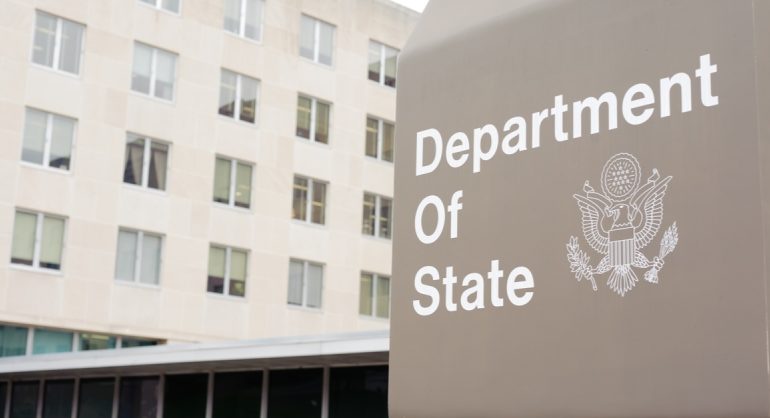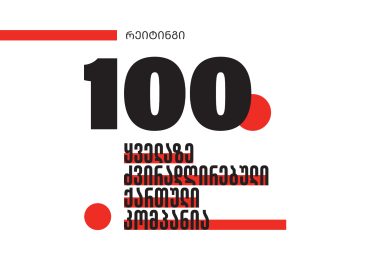U.S. Department Of State has published Report on Human Rights Practices for 2017. The 2017 Country Reports on Human Rights Practices (The Human Rights Reports) document the status of human rights and worker rights in nearly 200 countries and territories. These reports are required by U.S. law and are used by a variety of actors, including the U.S. Congress, the Executive branch, and the Judicial branch as a factual resource for decision making in matters ranging from assistance to asylum.
“Independent media were very active and expressed a wide variety of views. The merger, however, of three television stations, Imedi, Maestro TV, and GDS TV, coupled with a change of leadership at Georgian Public Broadcasting (GPB), decreased media pluralism and increased public perception of a media environment increasingly concentrated in favor of the ruling party. In a November 4 statement, 29 NGOs expressed concern about the growing influence of the government and of individuals affiliated with a former prime minister regarding the publicly funded GPB management. Parliament filled three vacant seats on the reconfigured nine-member board of the GPB, a move media advocates and civil society commended. Controversial amendments to the Law on Broadcasting submitted to Parliament by the GPB management, however, raised concerns about a lack of transparency in the station’s restructuring process and the consolidation of power within the GPB’s top leadership. The proposed amendments, adopted by parliament December 22 and awaiting presidential approval at year’s end, were expected to increase the power of GPB’s management, weaken the board, increase the risks of corruption, and weaken the mechanism for protecting employees.
Following the 2011 amendments to the Law on Broadcasting, which obligate media outlets to disclose information about their owners, media ownership became more transparent. Transparency of media ownership allowed consumers to judge the objectivity of news, but media experts acknowledged transparency was not absolute. The 2013 amendments obliging broadcasters to disclose information about their financial sources were not fully enforced.
Some media outlets, watchdog groups, and NGOs expressed concern regarding a restrictive environment for media pluralism and about political meddling in the media, especially those critical of the government. In particular concerns persisted concerning government interference with and criticism of alleged pro-opposition bias in some media outlets, in particular in the country’s most widely viewed television station, Rustavi 2. NGOs also criticized a lack of judicial independence when, on March 2, the Supreme Court ruled to transfer Rustavi 2’s ownership to a former owner, Kibar Khalvashi. On March 3, the ECHR suspended the decision, pending its own review of the case. Rustavi 2 struggled financially as a result of frozen assets and an overdue tax bill.
In June the Georgian Charter of Journalistic Ethics expressed concern regarding the termination of certain programs on GPB and called on GPB management to revise the decision. Transparency International Georgia criticized the GPB for “violating its obligation to provide timely and complete information to the public about important events in Georgia, its regions and the world” in the lead up to the October local elections, including stopping broadcast news, sociopolitical programs in prime time, and election campaign debates”, – notes U.S. Department Of State.
"Forbes Georgia-ის სარედაქციო ბლოგპოსტების სერია "როგორ გამდიდრდა“ და "საქართველო რეიტინგებში".


















